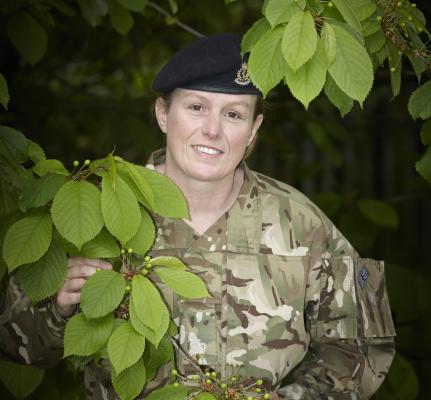Becoming an armed forces reservist
Being an armed forces reservist is a great way to progress in your career in health and obtain new skills.
Hear from Dominic Gething about how being a reservist has supported his career.
Tracey Smith-Straney
Clinical scientist and haematology laboratory manager
Read Tracey's storyOn operations in Afghanistan, my clinical skills were invaluable.

The boxes below also provide information about the new skills you'd learn and what you could gain by becoming a reservist.
And we point you to the three armed forces' websites where you can find out more about becoming a reservist. To find out how NHS organisations support reservists, visit the NHS Employers website.
-
The skills you learn as a reservist are those that healthcare organisations are looking for in their staff. Skills are varied but include:
- teamwork
- communication
- leadership
- clinical skills, for example advanced trauma
Bringing these skills back to your day job in healthcare can help inform your further career development. Not only that, but they’ll also help you to help patients.
-
Learning new skills is not the only thing you gain from being a reservist. You’ll also receive:
- financial support while on mobilisation
- access to varied work environments such as humanitarian and third world development arenas, and supporting our Armed Forces in conflict scenarios
- chances to get involved in travel, sports and adventurous training
- great social opportunities and friends for life




